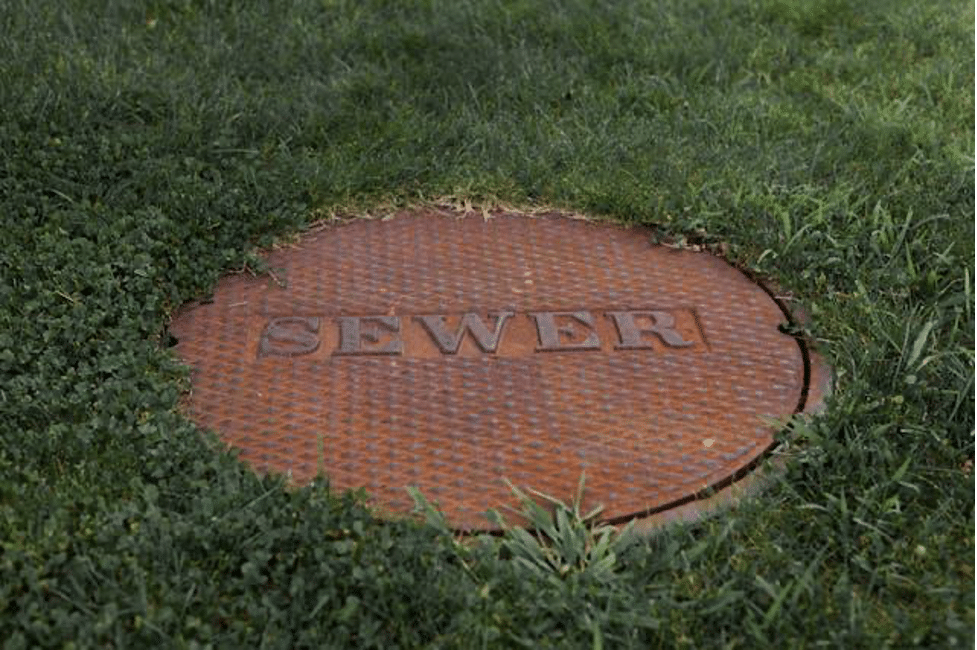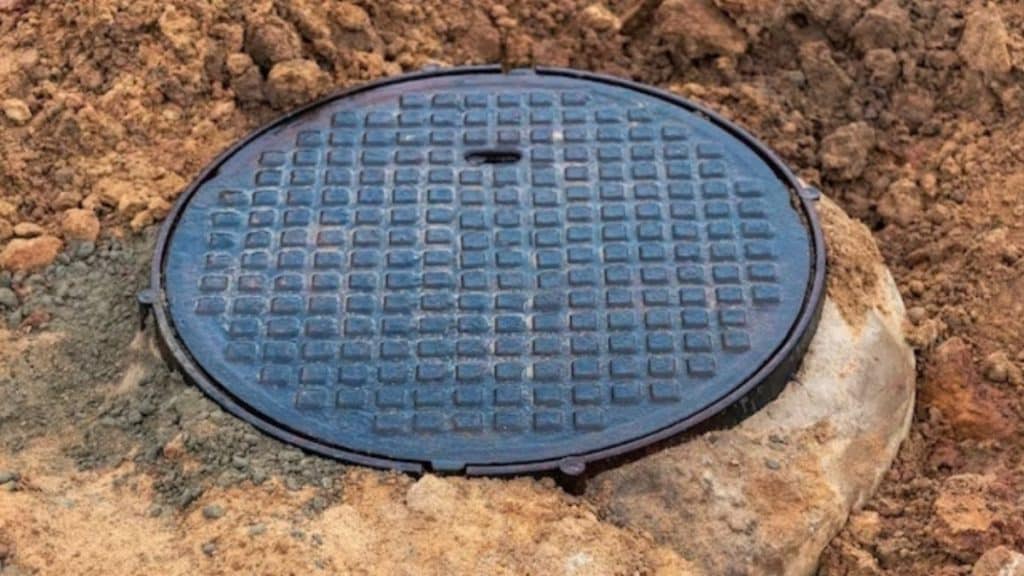Manhole covers are a small but essential component of urban infrastructure. They keep pedestrians and vehicles safe while providing access to underground utilities. When it comes to choosing the right material for these covers, two contenders often come up: cast iron and ductile iron. So, which one is better? Let’s delve into the details.
What Are Manhole Covers?
Manhole covers are lids that cover the openings of manholes, providing access to underground utilities such as sewage systems, electrical lines, and telecommunication cables. They need to be strong, durable, and able to withstand heavy loads while ensuring safety for pedestrians and vehicles.
Cast Iron Manhole Covers
Cast iron manhole covers have been a staple in urban infrastructure for centuries. Made from iron that has been melted and poured into molds, cast iron covers are known for their strength and durability. They have a long history of use, dating back to the early days of modern city planning.
Ductile Iron Manhole Covers
Ductile iron, also known as nodular cast iron, has become increasingly popular in recent years. This material is produced by adding nodulizing agents to molten iron, which changes its properties and makes it more flexible and resilient. Ductile iron combines the strength of cast iron with enhanced flexibility and impact resistance.

Strength and Durability
When comparing the strength and durability of cast iron and ductile iron, it’s important to understand their different properties. Cast iron is incredibly strong but brittle, which means it can crack or break under sudden, heavy impacts. Ductile iron, on the other hand, retains high strength while being much more flexible. This flexibility allows it to absorb impacts without cracking, making it more durable in the long run.
Flexibility and Malleability
Cast iron’s brittleness limits its ability to flex under stress, which can be a disadvantage in environments where the ground shifts or vehicles exert uneven pressure. Ductile iron’s malleability allows it to bend slightly without breaking, providing better performance in such conditions. This makes ductile iron covers more suitable for areas prone to heavy traffic and ground movement.
Corrosion Resistance
Both cast iron and ductile iron are susceptible to corrosion, but ductile iron generally has a slight edge due to its microstructure. The nodules in ductile iron help to inhibit the spread of corrosion, giving it a longer lifespan in environments where exposure to water and chemicals is a concern. However, both types can be treated with coatings to improve their corrosion resistance.
Weight Considerations
Cast iron manhole covers are typically heavier than their ductile iron counterparts. This weight difference can make cast iron covers more challenging to handle and install. Ductile iron covers, being lighter, are easier to maneuver and install, reducing labor costs and the risk of injury during installation.
Cost Comparison
The initial cost of ductile iron manhole covers is generally higher than cast iron covers. However, the long-term value of ductile iron often outweighs the initial expense due to its durability and reduced maintenance needs. When considering the total cost of ownership, ductile iron can be more economical despite the higher upfront cost.
Safety Features
Safety is a critical factor in choosing manhole covers. Ductile iron covers typically offer better slip resistance due to their design and the material’s properties. This can reduce the risk of accidents, making ductile iron a safer option in areas with high pedestrian traffic.
Environmental Impact
The production of both cast iron and ductile iron has environmental implications. Ductile iron’s production process is slightly more energy-intensive due to the additional steps required to modify its properties. However, both materials are recyclable, and using recycled materials can significantly reduce their environmental footprint.
Regulatory Standards and Compliance
Manhole covers must meet specific regulatory standards to ensure safety and performance. Both cast iron and ductile iron covers can be manufactured to meet these standards, but ductile iron’s superior properties often make it the preferred choice for compliance with more stringent regulations.
Installation and Maintenance
Ductile iron manhole covers are generally easier to install due to their lighter weight and greater flexibility. They also require less maintenance over time, as they are less prone to cracking and corrosion. Cast iron covers, while durable, can require more frequent inspections and repairs.
Conclusion
When it comes to choosing between cast iron and ductile iron manhole covers, the decision hinges on various factors such as strength, durability, flexibility, and cost. While cast iron covers have a long history of reliable use, ductile iron covers offer enhanced performance in many areas, making them the better choice for modern urban infrastructure. Their flexibility, durability, and safety features make them a superior option for most applications.
